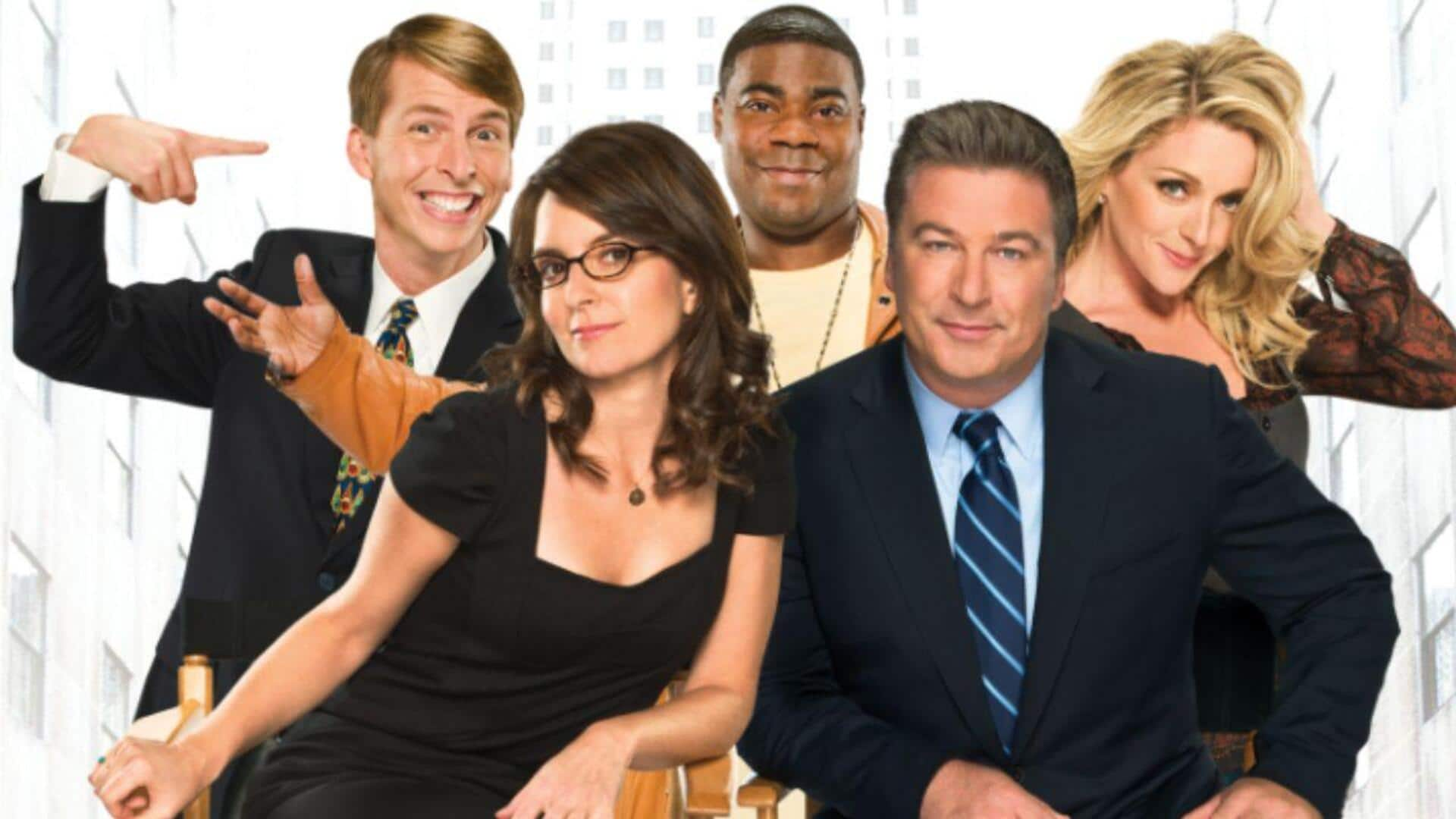
'30 Rock's most savage moments about the TV biz
What's the story
Iconic TV series, 30 Rock, gives a funny yet poignant insight into the life of television production. The series brilliantly parodies the industry, bringing to light its peculiarities and difficulties. Through its characters and narratives, 30 Rock gives a distinctive insight into the behind-the-scenes of TV production. Here's how 30 Rock aptly captures the essence of TV industry satire through elements that resonate with those in the know.
#1
The absurdity of network executives
In 30 Rock, network executives are depicted as eccentric, sometimes out-of-touch human beings. This was a perfect way to highlight the sometimes bizarre decision-making processes within television networks. By exaggerating these traits, the show highlighted how creative decisions can be driven by the most absurd things, and not by content quality or audience preferences. This portrayal resonates with those who have been there in real-life media environments.
#2
The struggles of creative teams
More than anything, what makes the series relatable is its portrayal of the constant battle of creative teams to churn out content under pressure. Writers and producers are shown managing deadlines, budget cuts, and clashing visions while trying to remain true to their art. These situations are an accurate reflection of the real world, where creativity often battles commerce, making it relatable for the rest of us.
#3
Celebrity egos and their impact
30 Rock hilariously tackles celebrity egos through its characters. These characters are over-the-top versions of actual stars. They bring attention to how the whims and fancies of people can impact production schedules and team dynamics. By bringing these moments to the forefront, the show shines a light on the darker side of television production. One that is both entertaining and very true to life.
#4
Navigating corporate sponsorships
The series also delves into the complexities surrounding corporate sponsorships in television programming. Characters often navigate through awkward product placements or sponsorship deals that compromise creative vision for financial gain. This element satirizes how commercial interests can overshadow artistic endeavors within media industries, while providing comedic relief through exaggerated scenarios.